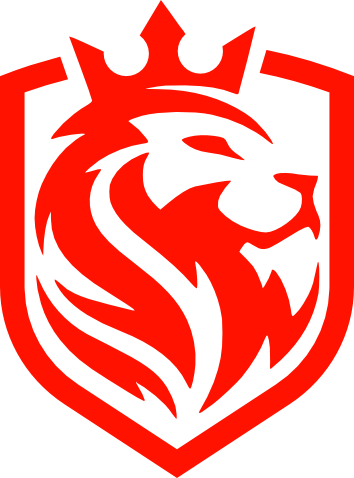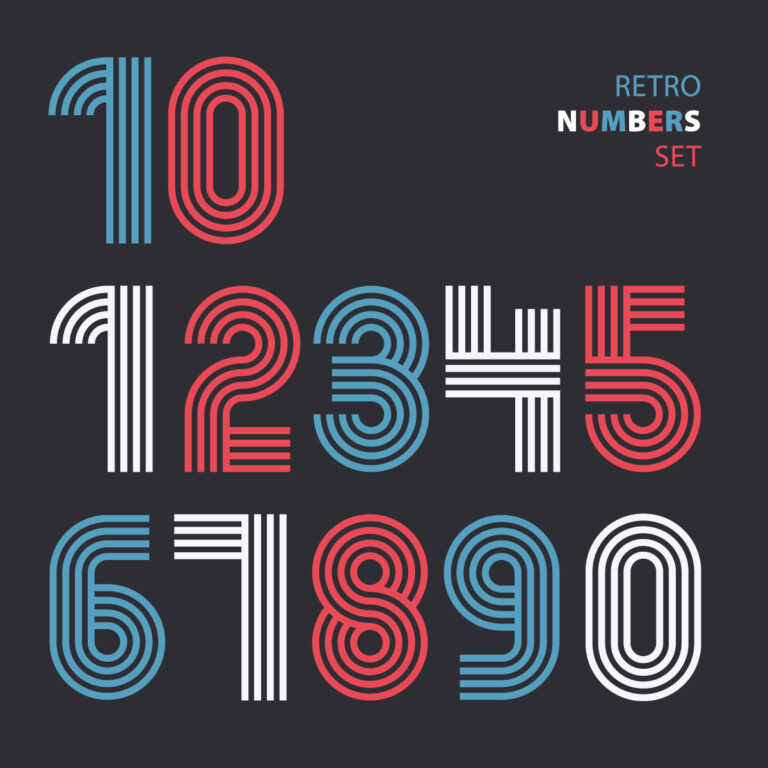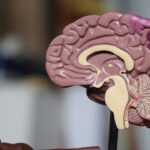Keep calm and carry on!
Today’s lesson:
Daily usage of verbs
Lesson Title
Common verbs in the present: Daily usage of regular verbs
Duration: 50 minutes
Level: Beginner & A1
Objetivos de Aprendizagem
- Identificar e compreender o uso de verbos comuns no presente em inglês.
- Formular frases usando esses verbos em uma variedade de contextos.
- Melhorar habilidades conversacionais integrando verbos comuns na fala diária.
Overview
Verbs are action words that give sentences meaning. Mastering the usage of common verbs in the present tense is crucial for everyday communication in English.
Verbos são palavras de ação que dão significado às frases. Dominar o uso de verbos comuns no tempo presente é crucial para a comunicação diária em inglês.
Atividades
Aquecimento 15 minutos
Atividade Principal 20 minutos
Verificando o Entendimento 15 minutos
Tarefa Seminal 5 minutos
Warm up
Verbs in English
Verbos são palavras que expressam ações, estados ou fenômenos. São a classe gramatical mais importante da língua inglesa, pois são o núcleo da oração e permitem que ela transmita uma ideia completa.
Os verbos podem ser classificados em dois grandes grupos:
- Verbos de ação: expressam uma ação que é realizada por alguém ou algo. Exemplos: “Run” correr, “Speak” falar, “Eat” comer, etc.
- Verbos de estado: expressam um estado ou condição em que alguém ou algo se encontra. Exemplos: “Be” ser, estar, “Seem” parecer, “Stay” ficar, etc.
Em suma, os verbos são pilares fundamentais na construção de sentenças e no desenvolvimento da linguagem.
Listen to the verbs in English
Eat | Comer
I always eat breakfast at 7 am.
Eu sempre como café da manhã às 7 horas.
Sleep | Dormir
I need to sleep early tonight.
Eu preciso dormir cedo esta noite.
Run | Correr
He likes to run in the park.
Ele gosta de correr no parque.
Walk | Caminhar
We walk to school every day.
Nós caminhamos para a escola todos os dias.
Speak | Falar
I speak English and Spanish.
Eu falo inglês e espanhol.
Listen | Ouvir
Listen to the sound of the rain.
Ouça o som da chuva.
Read | Ler
She loves to read before bed.
Ela adora ler antes de dormir.
Write | Escrever
I will write you a letter.
Eu vou te escrever uma carta.
Sing | Cantar
He can sing very well.
Ele pode cantar muito bem.
Dance | Dançar
I love to dance at parties.
Eu adoro dançar em festas.
Drink | Beber
I don’t drink coffee after 5 pm.
Eu não bebo café depois das 5 da tarde.
Drive | Dirigir
He doesn’t know how to drive.
Ele não sabe como dirigir.
Play | Jogar-Brincar
Do you want to play football?
Você quer jogar futebol?
Work | Trabalhar
He works at the local hospital.
Ela trabalha no hospital local.
Buy | Comprar
I want to buy a new dress.
Eu quero comprar um vestido novo.
Main Task
Verbos no passado, presente e futuro
O futuro em inglês é frequentemente formado usando “will” + a forma base do verbo. Em português, o futuro é normalmente formado pela adição de terminações específicas ao verbo. Exemplo: I will eat a pizza.
Eat | Comer
- Past: Ate | Comeu
- Present: Eat | Come
- Future: Will eat | Comerá
Sleep | Dormir
- Past: Slept | Dormiu
- Present: Sleep | Dorme
- Future: Will sleep | Dormirá
Run | Correr
- Past: Ran | Correu
- Present: Run | Corre
- Future: Will run | Correrá
Walk | Caminhar
- Past: Walked | Caminhou
- Present: Walk | Caminha
- Future: Will walk | Caminhará
Speak | Falar
- Past: Spoke | Falou
- Present: Speak | Fala
- Future: Will speak | Falará
Listen | Ouvir
- Past: Listened | Ouviu
- Present: Listen | Ouve
- Future: Will listen | Ouvirá
Read | Ler
- Past: Read (pronounced ‘red’) | Leu
- Present: Read (pronounced ‘reed’) | Lê
- Future: Will read | Lerá
Write | Escrever
- Past: Wrote | Escreveu
- Present: Write | Escreve
- Future: Will write | Escreverá
Sing | Cantar
- Past: Sang | Cantou
- Present: Sing | Canta
- Future: Will sing | Cantará
Dance | Dançar
- Past: Danced | Dançou
- Present: Dance | Dança
- Future: Will dance | Dançará
Drink | Beber
- Past: Drank | Bebeu
- Present: Drink | Bebe
- Future: Will drink | Beberá
Drive | Dirigir
- Past: Drove | Dirigiu
- Present: Drive | Dirige
- Future: Will drive | Dirigirá
Play | Jogar/Brincar
- Past: Played | Jogou/Brincou
- Present: Play | Joga/Brinca
- Future: Will play | Jogará/Brincará
Work | Trabalhar
- Past: Worked | Trabalhou
- Present: Work | Trabalha
- Future: Will work | Trabalhará
Buy | Comprar
- Past: Bought | Comprou
- Present: Buy | Compra
- Future: Will buy | Comprará
Arraste e solte os verbos para completar as frases no passado, presente e futuro
Exemplo: I walk to work every day. He bought a ticket for the concert.
Eat – Come
Drank – Bebida
Walked – Caminhou
Play – Jogar
Run – Correr
Slept – Dormiu
Read – Li
Sang – Cantou
The man will . . . . . . . . . . . . . . a pizza
The woman . . . . . . . . . . . . . . to work yesterday
At the weekend I will . . . . . . . . . . . . . . in the park
I . . . . . . . . . . . . . . a book yesterday
She . . . . . . . . . . . . . . a glass of water
The boy likes to . . . . . . . . . . . . . . football
The woman . . . . . . . . . . . early yesterday
They . . . . . . . . . . . . . . a song at the party
Agora é a sua vez de praticar!
Perguntas de múltipla escolha para diferenciar verbos no passado, presente e futuro.
Answer the following questions
Eat (Present)
a) Ate b) Will eat c) Eat
Sleep (Future)
a) Will sleep b) Sleeps c) Slept
Run (Past)
a) An ordinal number b) A cardinal number c) Fruit d) A verb
Walk (Future)
a) Walks b) Walked c) Will walk
Speak (Present)
a) Will speak b) Spoke c) Speaks
Listen (Past)
a) Will listen b) Listened c) Listens
Read (Future)
a) Will read b) Reads c) Read
Write (Past)
a) Will write b) Wrote c) Writes
Sing (Present)
a) Will sing b) Sang c) Sings
Dance (Future)
a) Danced b) Dances c) Will dance
Drink (Past)
a) Will drink b) Drank c) Drinks
Drive (Present)
a) Will drive b) Drives c) Drove
Play (Future)
a) Plays b) Played c) Will play
Work (Past)
a) Works b) Will work c) Worked
Buy (Present)
a) Will buy b) Buys c) Bought
- c) Eat
- a) Will sleep
- c) Ran
- c) Will walk
- c) Speaks
- b) Listened
- c) Read
- b) Wrote
- c) Sings
- c) Will dance
- b) Drank
- b) Drives
- c) Will play
- c) Worked
- b) Buys
Weekly Task
What you need to do
Todos os dias, você deve anotar suas atividades usando uma variedade de verbos comuns no tempo present.
For example
- Eat I ate an apple for breakfast.
- Run. I ran five kilometres yesterday.
- Walk I walked to the shops.
- Speak I spoke to Jane.
- Drink I drank some tea.
- Work I worked until 6 pm.
- Buy I bought a newspaper.
Image by lookstudio on Freepik







